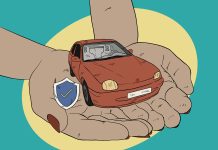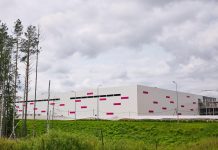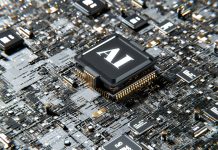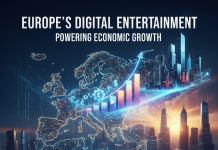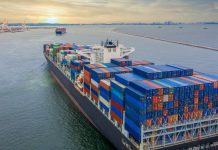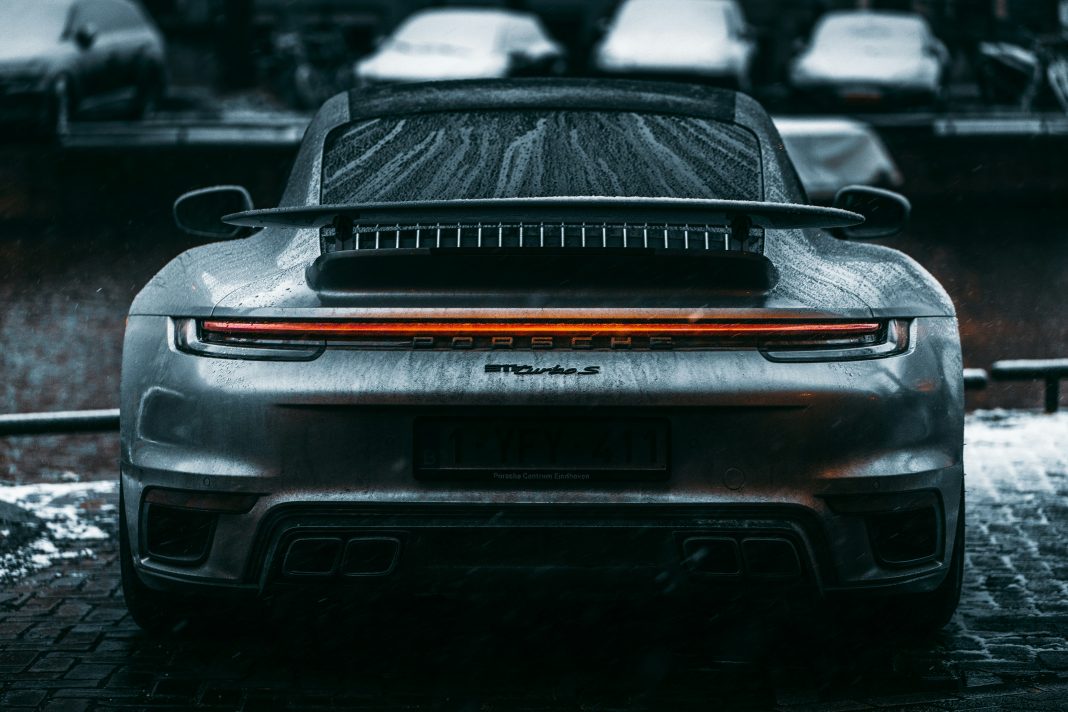Porsche has pulled back from its aggressive electric-vehicle expansion plan, signalling a strategic shift under its new chief executive as demand for premium EVs cools and production costs remain stubbornly high.
The German marque, long a symbol of engineering precision and brand discipline, is now recalibrating its mix of electric and combustion models to preserve profitability and align with evolving consumer sentiment. The move marks one of the first major course corrections among Europe’s luxury carmakers after years of government-driven electrification targets and investor enthusiasm for battery-powered mobility.
The company said it would “rebalance its product roadmap” to ensure a “sustainable business model” across varying powertrain technologies. Behind the careful phrasing lies a clear message: Porsche’s all-electric future will take longer to arrive than once promised.
Market Reality Sets In
The rethink follows months of sluggish sales growth for the Taycan, Porsche’s flagship EV, and delays in the rollout of the electric Macan SUV. Global orders for premium battery cars have softened as high interest rates, range anxiety and limited charging infrastructure dampen enthusiasm among wealthy buyers.
Although Porsche delivered a record number of vehicles last year, operating profit fell as margins tightened on battery models. The Taycan, which was intended to rival Tesla’s Model S, now accounts for a smaller share of total deliveries than two years ago. Dealers in Europe report longer dwell times in showrooms and a noticeable shift back toward petrol-powered 911s and Cayennes.
Industry analysts say the adjustment reflects a wider slowdown across the European EV sector, where even early adopters are hesitating amid price cuts and policy uncertainty. “Luxury buyers are increasingly pragmatic,” said one Frankfurt-based auto analyst. “They want electrification as an option, not an obligation.”
A Strategic Course Correction
The reversal coincides with the arrival of Porsche’s new chief executive, Oliver Blume’s successor, who is steering the brand through a delicate balancing act between heritage and innovation. While maintaining the company’s commitment to eventual carbon neutrality, he has made clear that Porsche will “listen to customers, not just regulation.”
Under the new plan, Porsche will extend production of certain petrol and hybrid models well into the next decade, investing in more efficient combustion engines and synthetic e-fuels co-developed with partners in South America. Executives argue that such fuels, derived from renewable energy, could deliver meaningful emissions reductions without sacrificing the brand’s distinctive performance character.
The shift is also a tacit recognition that full electrification remains technologically and economically challenging at the super-premium end of the market. Battery packs heavy enough to deliver the speed and endurance expected from a 911 or Panamera add weight and cost, undermining the driving dynamics that define Porsche’s identity.
Investor and Policy Implications
Financial markets greeted the decision cautiously. Shares in Porsche AG rose slightly on relief that the company is prioritising margins over expansion targets, but analysts warned the strategy risks alienating investors who viewed the brand as a European leader in the EV transition.
Germany’s evolving political stance on combustion-engine bans has added to the uncertainty. Berlin recently lobbied Brussels to allow e-fuel-powered vehicles beyond 2035, a position that aligns closely with Porsche’s new emphasis. “This is as much about policy realism as corporate pragmatism,” said a former EU transport official. “Carmakers are pushing back against an overly linear vision of electrification.”
For now, Porsche insists it remains committed to electrifying its core range. The upcoming electric Macan and a battery-powered 718 Boxster are still scheduled for launch, albeit on adjusted timelines. But insiders acknowledge that the pace of investment will be moderated to preserve cash and avoid oversupply in a cooling market.
Balancing Heritage and Innovation
For a company whose brand equity is built on engineering purity, the recalibration could prove popular with loyalists. Enthusiasts have long argued that Porsche’s reputation rests on the visceral sound and feel of combustion engines — qualities that even the most advanced EVs have struggled to replicate.
At the same time, the company risks appearing indecisive at a moment when rivals such as Mercedes-Benz and BMW are doubling down on electrification and software ecosystems. Porsche’s task is to frame its strategy not as retreat, but as refinement: an insistence on technological plurality rather than dogma.
The new leadership’s message to investors and customers alike is that performance, not propulsion, defines Porsche. As the CEO put it in a recent briefing, “Our goal is not the fastest transition, but the most intelligent one.”
A Broader Industry Reappraisal
Porsche’s move is emblematic of a broader reassessment sweeping through Europe’s automotive sector. Rising battery costs, slowing subsidies and fierce competition from Chinese manufacturers have exposed the fragility of the EV business model. What once seemed an inevitable, linear shift toward electrification now appears more cyclical, shaped by consumer confidence and infrastructure readiness.
For Porsche, the challenge is to navigate this volatility without eroding the brand’s premium aura or alienating environmentally conscious buyers. By doubling down on flexibility — hybrids, e-fuels, and select EVs — the company is betting that the path to the future will be gradual, not revolutionary.
Whether that bet pays off will depend on how quickly technology, regulation and customer sentiment realign. For now, the message from Stuttgart is clear: Porsche is keeping its options — and its engines — very much alive.
By Nick Staunton













